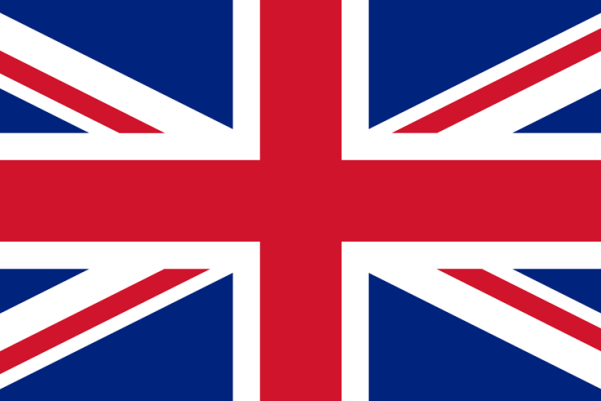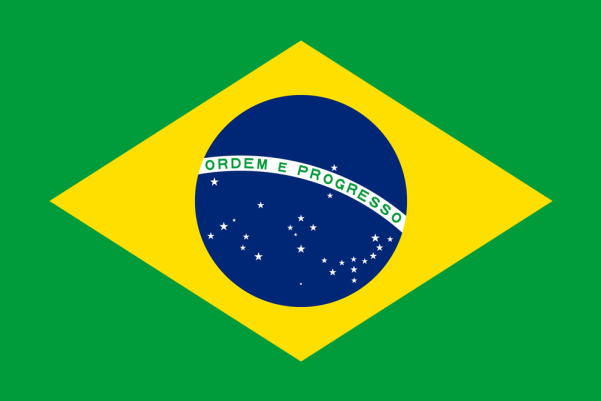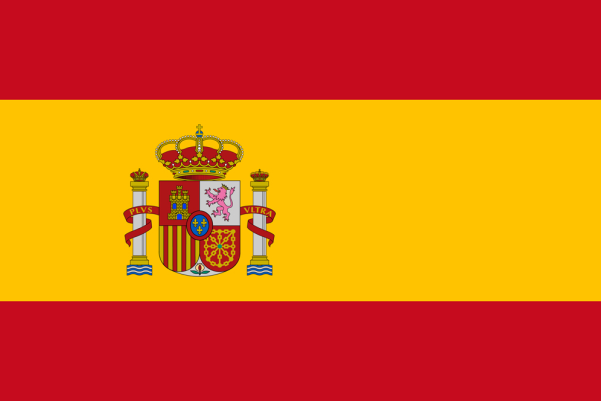The profession role of a Nutritionist in the UK, as with various other countries, is completely different to that of Brazil.
Given that the regulation of the profession may differ in every country, here we will only focus on the differences between Brazil and the United Kingdom, both of which I can attest to given that I’m registered as a Nutritionist in Brazil and a Dietician in the United Kingdom.
Shall we get started?
As you might know, in Brazil and other Mercosur countries, people that graduate in Nutrition and Dietetics, that is hold a BA in Nutrition, are referred to professionally as Nutritionists. To practice professionally, you are also required to register with the Regional Nutritionists Council (CRN) of your region. Any professional service performed by an unregistered individual is considered to be an “Illegal Act of the Profession”. The minimum requirement to officially register as a professional is the completion of a four-year undergraduate course in Nutrition, which must be fully recognised by MEC (The Ministry of Education).
In the United Kingdom, on the other hand, we have Dieticians, Nutritionists and Nutritional Therapists, making up a completely different system to that of Brazil. The fact is that, here, the only professional title protected by law and governed by specific regulations is that of a Dietician. Whilst in Brazil only university graduates can professionally qualify as “nutritionists”, in the UK only graduates and HCPC registered professionals can call themselves “Dieticians”.
In short, the profession of a Nutritionist in Brazil is equivalent to that of a Dietician in the United Kingdom.
In the United Kingdom, a Dietician performs similar functions to those of a Nutritionist in Brazil, and works both to promote good health and treat diseases, in private clinics, hospitals, the public health system, and the food services industry. Therefore, a Dietician’s scope of work is as broad as it can be, given that they are the most qualified professionals when it comes to nutrition.
With regard to Nutritionists and Nutritional Therapists, it is important to note that the law does not protect these professional titles. Anyone interested in healthy eating or the belief that they understand the subject can essentially practice, with or without specific training in Nutrition. Therefore, industry is replete with well-qualified practitioners (for example, foreign graduates who have not validated their degree in the UK), professionals who have taken recognised courses in nutrition in the UK (but without specific dietetics training), and people who are simply passionate about the area.
It is worth mentioning that whilst Nutritionists and Nutritional Therapists are qualified to provide information on health and healthy eating, they are not qualified to treat individuals who are ill, hospitalized or have special health conditions, without the supervision of a Dietician.
In our next article we will talk about… COACHING. Coming soon!
















